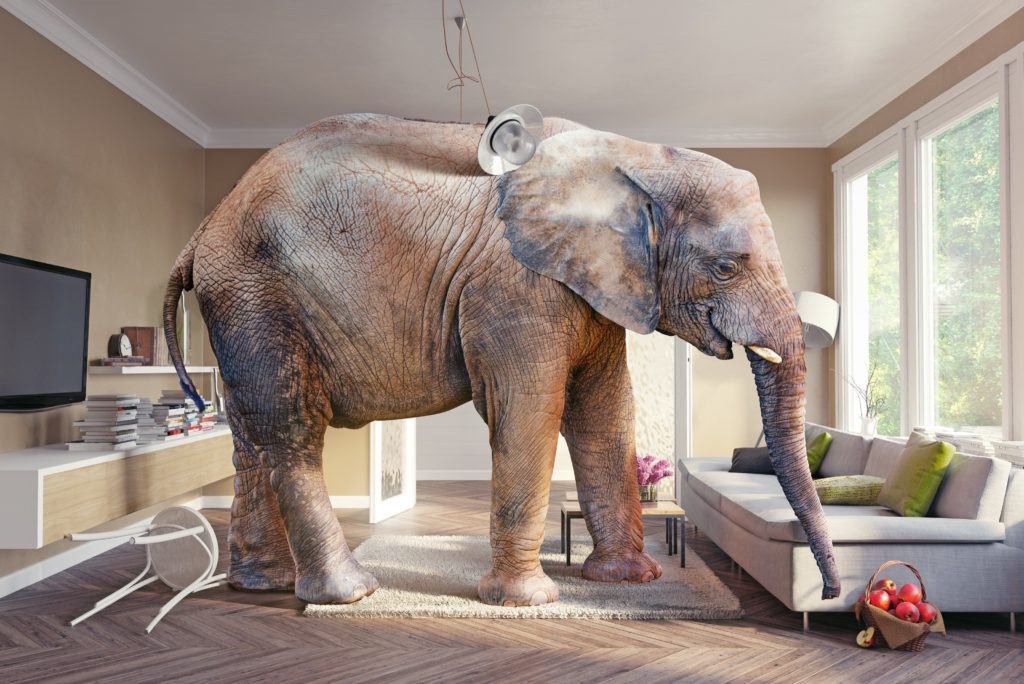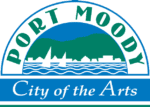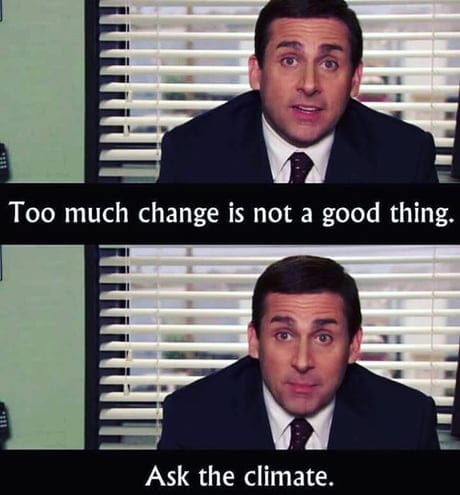ARE YOU LOOKING FOR HOUSES FOR SALE WITH BASEMENT SUITE?
HOUSES WITH ILLEGAL BASEMENT SUITE FOR RENT IN VANCOUVER?
UNAUTHORIZED SUITES
Households
BC Stats Household projections.
Households that Rent
BC’s Rental Housing Index.
Rental Suites
>25% of all households rent secondary suites: Planning and Development Vancouver
Illegal Rental Suites
>18% according to survey conducted by Square One Insurance.
Author: Meryl Hamdillah, REALTOR with Sutton WestCoast Group.
If you are looking for a realtor to help you buy or sell a property in Coquitlam or Vancouver, feel free to Chat with me now! 604-307-9506
Everyone has seen ads for unauthorized suites or illegal basement suite for rent in Metro Vancouver. But what makes a suite legal or illegal?
This blog discusses the difference between legal and illegal unauthorized suites in Vancouver. In Vancouver, the highest numbers of illegal rental suites in Canada exists (over 15,586 conservatively). Advertisements of houses for sale with basement suite or home for rent with “inlaw suite” or home has unauthorized accommodation is very common. For decades, the high rental demand, high cost of homes, the planned living density increases, and the delicate enforcement on illegal suites has resulted in quiet acceptance of illegal suites.
Buyers looking for houses with a secondary suite mortgage helper and current homeowners will need to consider the legal status of these suites. This blog will help you decide if renting out an illegal suite is acceptable risk or not.
You will learn about the different legal status of secondary suites in Vancouver and the rewards and risks of each. You will learn about what said and what is unsaid about unauthorized suite enforcement.
Homeowners will learn how to legalize a suite step by step. If you decide to renovate and convert an illegal suite to a legal one read on.
BACKGROUND INFORMATION
What is a secondary suite?
A secondary suite is a living area contained within a one-family or two-family dwelling. Secondary Suites have their own kitchen and living
area and may have access to the main dwelling unit, but have their own separate entry. It can occupy up to *40% of the square footage of the home. Some common space may be shared with the primary residence (example: laundry room). *There are a few special cases in dense areas like Vancouver Downtown where zoning allows secondary suites within apartments and can be as small as 205 square feet. A secondary suite in Vancouver is popularly referred to as a nanny suite, rental suite, mortgage helper, in-law suite, or basement suite. These names give away some of their primary usage or benefit.
What a secondary suite is NOT…
A secondary suite is not a laneway house, nor a cottage house, nor an attached dwelling. Secondary suites are not allowed in multi-family buildings like townhouses, duplexes, or apartments UNLESS there is special zoning (like in downtown Vancouver where suites within an apartment may be allowed). Secondary suites cannot be on the top floor of a single family home (that is why most of them are basement suites.)
What is the difference between an illegal, unauthorized, or legal suite?
In Vancouver, secondary suites are considered with a range of status:
Legal suite – a suite that has the proper zoning, meets building codes and permits and has appropriate yearly license/permit if applicable.
Family suite – a suite occupied by family members of the principal property resident has special status. Rental by family members are exempt from some of the requirements. For example, in a property with strata rental restrictions, family suites are exempt from the rental restriction.
Phase-out or suites with temporary approval for a limited number of years. Due to the history of city and BC legislation, some suites were granted temporary status.
Legally non-conforming suite – some older suites do not conform to modern building codes but the city has grandfathered in legal status.
Illegal suite – a secondary suite that does not have approval under city permits for a variety of reasons. Sometimes, they are just not declared because the owner is avoiding paying tax on the rental revenue or does not want to bear the cost of the upgrades or permits required.
Unauthorized suite – A suite that does not meet all the requirements of a legal suite. It is popularly used to describe secondary suites that meet most but not all legal requirements. For example, a secondary suite can meet all the basic legal requirements and have a kitchen, separate entry, bedroom, and bathroom but have issues with window size or ceiling height, fire separation. The most common problems are a lack of additional parking space or low ceiling heights in Vancouver.
I purchased a home and do not know if my existing suite is legal or not. How can I find out?
Property owners can request an “Approved Use” letter from the City by visiting Counter B in the Services Centre at 515 West 10th Avenue, Vancouver.
What are the advantages of renting out my secondary suite?
Renting your approved secondary suite long-term is a great way to earn extra income while helping to provide additional housing for the people of Vancouver.
Can I add a second or third suite to my home?
One-family dwellings are allowed one suite under the Zoning & Development Bylaw. If you live in a duplex, each primary dwelling unit is allowed one suite in most zones in Vancouver.
I want my parents or children to live in the suite. Do I still need a business licence?
No, a long-term rental licence is not required if immediate family (parents, children, etc.) will live in the suite.
Can I short term rent a legalized suite?
Secondary suites are intended to be used as a long-term rental home. There are two scenarios in which an approved secondary suite can be used as a short-term rental accommodation: 1) The property owner lives in the suite 2) A long-term rental tenant lives in the suite and has received property owner’s permission to obtain a short-term rental licence and rent the property for stays of less than 30 days.
NOTE: Secondary suites that have not been approved through the City’s permitting process are not legal dwelling units and not eligible for short-term rentals.
How often do illegal suites or unauthorized suites get reported?
In 2017 and 2018 under 200 reports or complaints were made on illegal suites. Enforcement is based on disputes and complaints. Although the chances of complaints are low, the potential consequences (penalties, loss of income) are quite high.
LETS ADDRESS THE ELEPHANT IN THE ROOM
The main topic of this article is to address the fact that the Vancouver community and city enforcement have an unspoken delicate agreement on illegal rental suites.

If I buy a home for sale with basement suite (existing suite that is unauthorized), can I still rent it out?
This is a very popular question with a bewilderment of answers – most of the answers dance around the legality versus common practice. There is a duplicity between what is SPOKEN and what is UNSPOKEN. But, the statistics speak for themselves – many basement suites in Vancouver are illegal or unauthorized and continue to be rented out – a practice accepted by the renter and landlord.
What is spoken
Broadly speaking, Vancouver recognizes the advantages of existing unauthorized secondary suites in helping to increase rental choice, in helping to provide lower cost rental stock, and in helping homeowners with a viable means of financing their home. What is also SPOKEN is that there is concern over whether unauthorized suites meet safety or livability requirements; however, the discreet nature of their existence makes it unlikely that proper inspections will occur. Renters and landlords know that it comes down UNSPOKEN agreements of trust.
What is UNSPOKEN by landlords and homeowners?
Most homeowners want to provide safe, problem-free housing and get compensated for it. The key is in balancing the cost of following all the codes and regulations vs. the practicality and benefit of sharing a portion of their residence. Homeowners understand that there are BC building codes and Vancouver City bylaws. What the homeowners don’t say is that some of the codes feel as if they were meant for multiplexes and not for single family homeowners. The city has even conceded and created the “Legal non-conforming” status for older homes with existing suites that cannot meet modern building codes. What is unspoken is that these different standards of application are unfair. A common example is that ceiling height of an existing suite may fall short in many basement suites and the homeowners would not be able to modify their home to meet the height requirement but they are not grandfathered in. Many homeowners who have legalized their suites feel that the return on investment cannot be justified given the high costs to meet all the requirements, and long times to meet permits, codes, and construction.
What is UNSPOKEN by renters?
Renters want options for affordable housing and those who choose to stay in unauthorized suites enter into a silent agreement with the landlord. Why? Renters choose not to ask if the suite is legal but what is UNSAID is that renters are still protected by the Residential Tenancy Act. So if an issue develops and they have to move due suite’s licensing, they are somewhat protected from moving costs. What is also unsaid is that the silent agreement is rarely the problem. The BC and City bylaws are enforceable but they are typically enforced upon receiving a complaint. In some sense, this is appropriate because some laws are meant to provide dispute relief. However, the complaints rarely come from the renters; the complaints are usually from neighbours or third parties. In 2017 and 2018, Vancouver saw a little under 200 complaints. The city will enforce the bylaws upon complaint but as you can see the numbers are quite low.
What is said in complaints about unauthorized suites?
Complaints are typically submitted by those who feel their living style or their use of common areas have been encroached upon. Most issues occur because of the increase in living density. So typically, the complaints come due to extra noise, lack of parking, encroachment of use upon walking paths, etc. Complaints can come from neighbours who are in their right to complain but can also come from others who may not have direct cause to complain.
Looking to purchase houses for sale with basement suite?
It is best to work with a real estate agent that is familiar with secondary suite programs to guide you. There are zoning requirements, bylaw questions and legal clauses that would need to be considered in the purchase contract; it is best to speak to someone who can guide you.

What are the risks in renting out an illegal suite?
The reality is that there are many homeowners who currently do not go through legalization of their suites; some may not be familiar with the procedures; some fear the costs will be too high; some avoid the taxes associated with declaring their suite. Regardless of why, here are some risks to consider:
- If a suite is reported by the tenant, neighbours, or anyone that has a reason to report you (noise, disagreements, etc), it could trigger an inspection. The result may require you to bring your suite up to code and possibly lead to fines if you do not comply with timeframe.
- Insurability of your suite or home is affected when safety permit standards are not met (examples include fire and electrical standards). During an insurance loss claim, homeowners who did not declare their illegal suite may find themselves violating the terms of their insurance agreement.
- If you are in the process of purchasing houses for sale with basement suite, and you are using the income from the rental of the suite as a mortgage helper, the mortgage lender may reduce or even refuse the benefit of that income if the suite is unauthorized.
- Many homeowners rely on discreet agreements with renters to avoid triggering a report but even so do not have control over third-parties like neighbours.
I am interested in houses for sale with basement suite but I want to legalize the suite. What do I need to do?
The benefits of legalizing your suite including less risk as mentioned above and increased value when selling a home. It is in your interest to understand the costs and effort involved to legalize a suite. The steps to legalize a suite are different in various cities due to different zoning bylaws. However, the general steps are similar. The Steps below are for Vancouver but I will list references below for other cities.
City Guides – Secondary Suites
Other Blogs you may be interested in
New Legislation on rental restrictions | READ MORE
In Dec 2018, BC’s Housing Task Force report recommended strategies to increase the rental housing stock using secondary suites. There is proposed legislation to allow homeowners to be exempt from strata bylaws to restrict rentals. This is currently a hot topic and will be part of another blog if there is interest.








